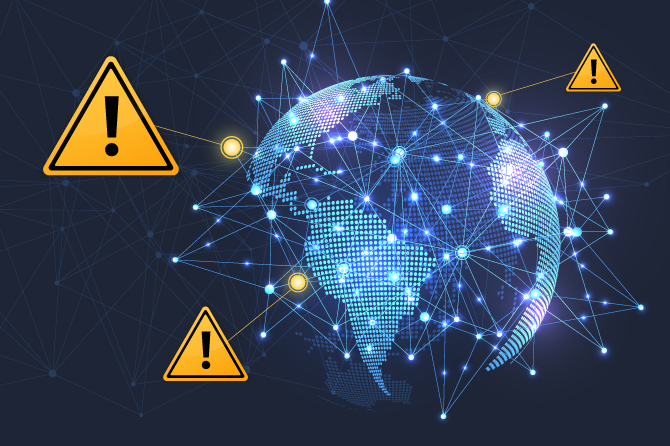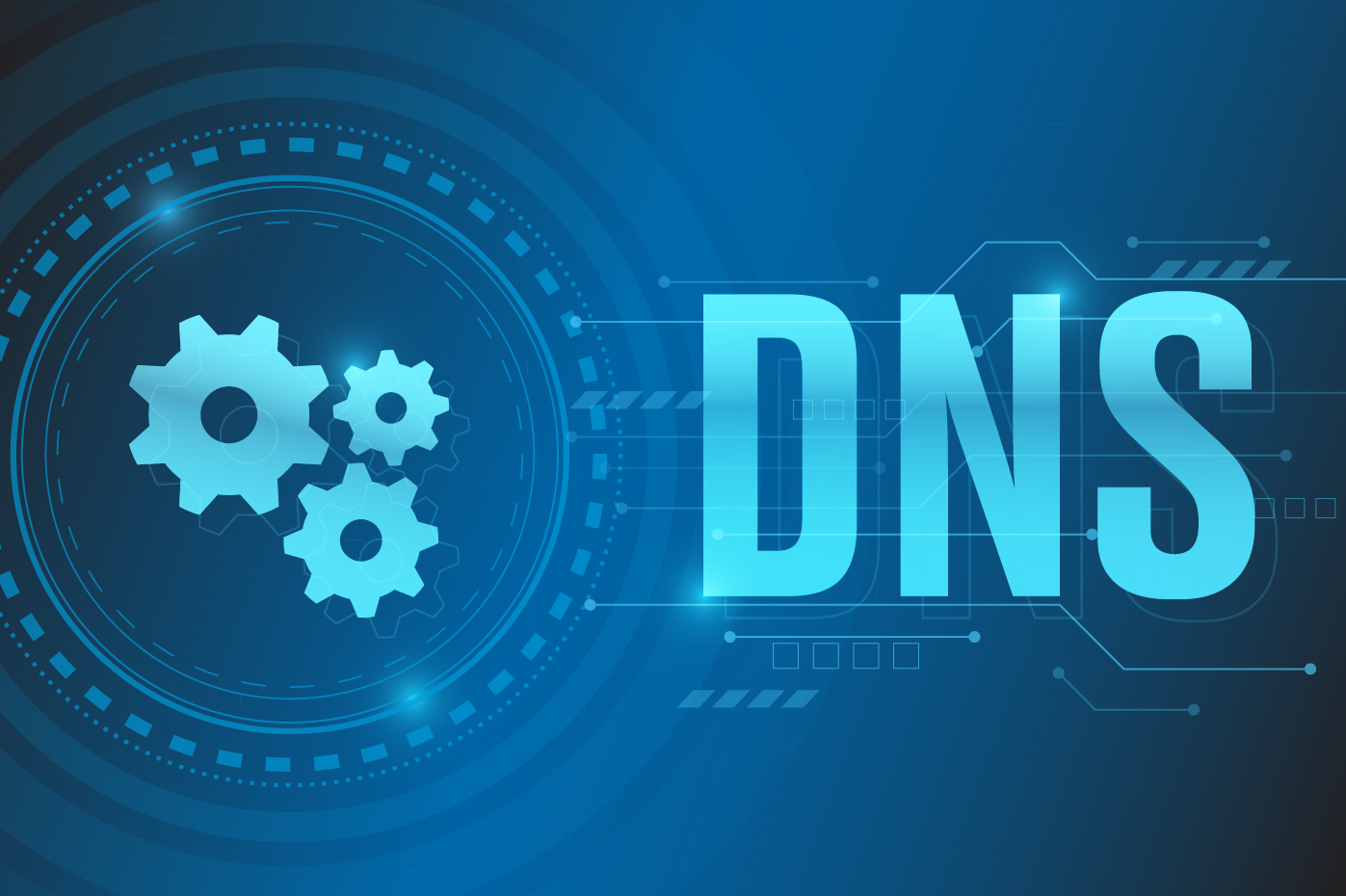This blog was co-authored by Verisign Distinguished Engineer Mike Hollyman and Verisign Director – Engineering Hasan Siddique. It is based on a lightning talk they gave at NANOG 87 in February 2023, the slides from which are available on the NANOG website.
At Verisign, we believe that continuous improvements to the safety and security of the global routing system are critical for the reliability of the internet. As such, we’ve recently embarked on a path to implement Resource Public Key Infrastructure (RPKI) within our technology ecosystem as a step toward building a more secure routing system. In this blog, we share our ongoing journey toward RPKI adoption and the lessons we’ve learned as an operator of critical internet infrastructure.
(more…)



